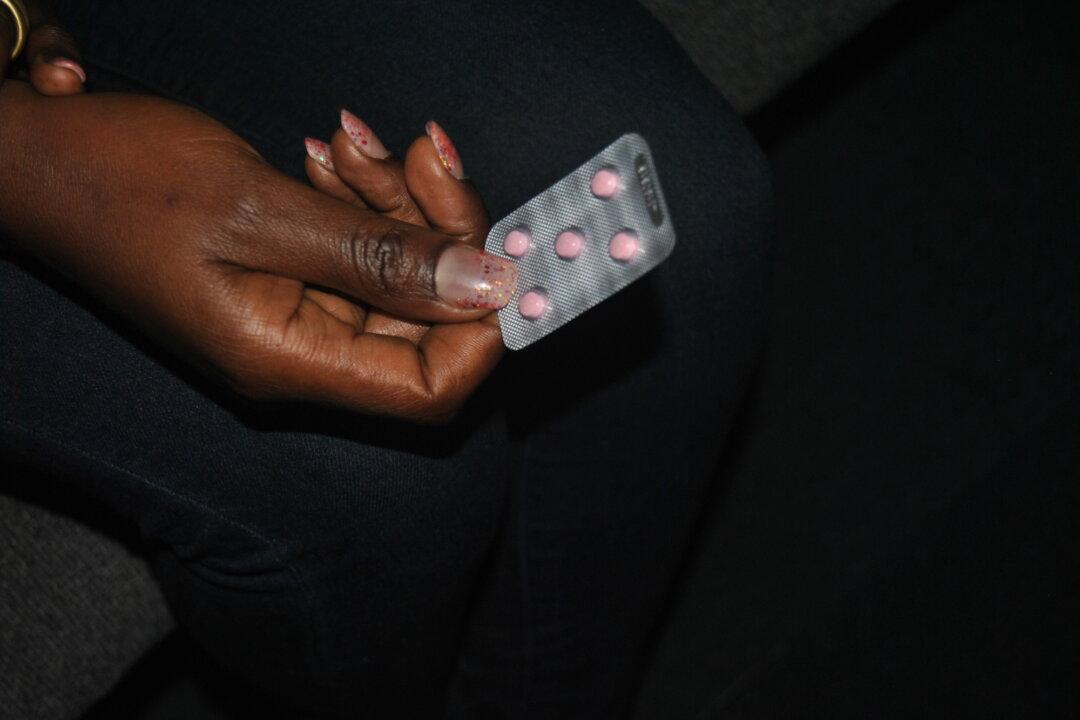KAYOLE, Kenya—For women in Kenya who choose to take an unlicensed Chinese contraceptive pill, there may be some serious side effects they don’t know about.
Ann Mwende, a resident of Kayole, an informal settlement in the outskirts of Kenya’s capital, Nairobi, takes a contraceptive pill branded “Sofia” that was introduced to her by a friend. She admits that she doesn’t know the actual ingredients in it.





